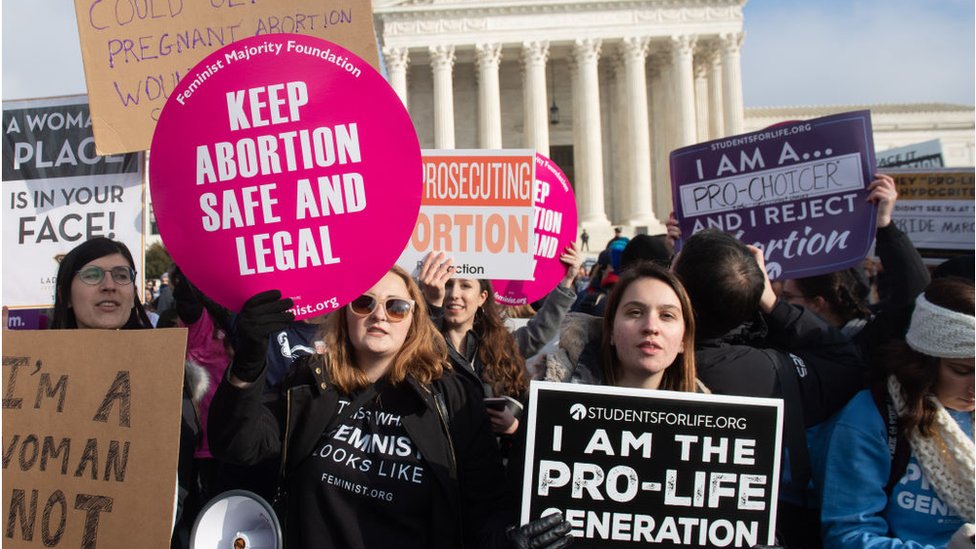Vidya Sethuraman
India Post News Service
On the Feb 11th EMS virtual meeting experts discussed the potential Supreme Court challenge of Roe v. Wade and the impact on minority women. Some experts mentioned that if the bill is overturned in the high court, about 36 million women of childbearing age (18-49 years old) in the United States will be affected, and minority women will bear the brunt, including 1.1 million Asians, 5.7 million Western and 5 million African-American women. Advocates explained the repercussions of this potential decision on all women, particularly women of color, which will be the majority of all women in the US by 2060. The effect on woman’s health decisions would be swift, with more than half the states ready to restrict abortion rights.
The Court’s three newest members are expected to uphold a Mississippi law that bans all abortions after 15 weeks. A 6 to 3 vote in the case would weaken, if not overturn, the 1973 landmark Roe v. Wade decision. The Supremes are expected to make a decision in the Mississippi case in June. If the court sides with Mississippi to gut abortion protections set forth by its 1973 decision in Roe v. Wade, states could ban the procedure to end pregnancy. Women of color, who will be the majority in the United States by 2060, are the most vulnerable, the activists for reproductive rights argued
Lisa Matsubara, Planned Parenthood Affiliates of California said in December, the Supremes let stand a Texas (SB 8) that prohibits abortions after 6 weeks and sent it back to be challenged in a lower court. This decision means there are no protections under Roe in Texas. It also meant that overnight, people in Texas are no longer able to get abortion services. Because women often don’t even know they are pregnant at six weeks, the practical effect of the law is to ban virtually all abortions in Texas. In the meantime, abortion providers in California and other states have seen women come from Texas to get one.

California Planned Parenthood health clinics served more than 7,000 out of state patients in 2021. The Texas law has punitive provisions that include a private right of action allowing citizens to sue abortion clinics. Bills similar to SB 8 have been introduced in Florida, Arkansas, Ohio, Arizona, Missouri, and Alabama. Legislators in Indiana, Mississippi, North Dakota, South Dakota, and West Virginia have announced their intention to introduce similar bills.
Jessica Pinkney, Executive Director of Access Reproductive Justice said there are over 80 abortion funds across the country, as well as some in other countries. We operate a helpline from Monday through Friday from 10 am to 4 pm, you can call and we help with procedural support (money to pay for their procedures), and practical support for transportation, lodging, childcare, and food.
Jodi Hicks, CEO and chairman of Planned Parenthood in California, said a UC San Francisco survey showed that women who do not have access to abortion are more likely to suffer financially and physically, and may face the situation of raising children alone. They are more likely to stay with an abusive partner and unwanted children have negative consequences for their other children. This is a discriminatory policy and it impacts most Black, Latino, and indigenous people who are experience poverty at twice the rate of their White counterpart in 2019,” she said. Statistics show that 80% of Americans support safe and legal abortion rights.






